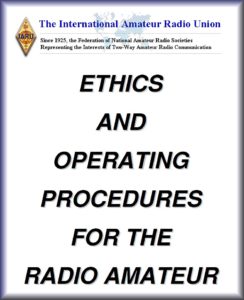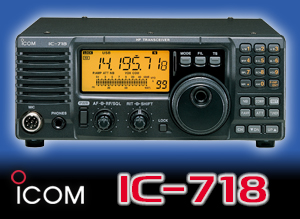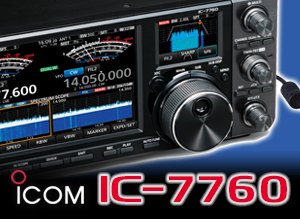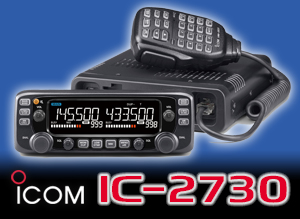Operating procedures and etiquette
On the HF DXing page you will see that we advocate listening – and when you have finished listening, listen some more!
When you are new to amateur radio there is a lot to learn and the more you listen, the more you will find out the correct way to proceed on the bands.
Perhaps one of the most important lessons to learn is listen first before talking. And better still, before calling CQ ask: “Is this frequency in use please?”
Often a frequency is in use, but you can’t hear the other station. There is nothing more infuriating than being in a QSO with someone and having the conversation utterly ruined by someone calling CQ on top of you.
The International Amateur Radio Union (IARU) has actually published a document called Ethics and Operating Procedures for the Radio Amateur.
You can download your own copy – it is worth reading.
It contains the radio amateur’s code, which is…
The Radio Amateur is:
Considerate
They never knowingly operates in such a way as to lessen the pleasure of others.
Loyal
They offer loyalty, encouragement and support to other amateurs, local clubs, the IARU Radio Society in their country, through which Amateur Radio in their country is represented nationally and internationally.
Progressive
They keeps their station up to date. It is well-built and efficient. Their operating practice is above reproach.
Friendly
They operate slowly and patiently when requested; offer friendly advice and counsel to the beginner; kind assistance, cooperation and consideration for the interests of others. These are the marks of the amateur spirit.
Balanced
Radio is a hobby, never interfering with duties owed to family, job, school or community.
Patriotic
Their station and skills are always ready for service to country and community.
The rest of the document is too long to reproduce here, but it is worth highlighting a few of the other guidelines:
- During your on-the-air contacts, use the Q-code correctly. Avoid overkill by using the Q-code all the time when using phone. Use standard expressions that everybody understands.
- Listen – a good radio amateur starts by listening a lot.
- Use your callsign correctly
- Always be courteous
Another way of being courteous is to try to contact other stations using their own language? You only need about 100 words and callsign phonetics in other languages.
Many foreign stations are reluctant to take calls in English because they speak it so poorly. Others will keep the QSO very short as they cannot understand what you are saying. Being able to give the other station their report, your name and QTH, and perhaps a greeting in their own language, can make a big difference.
Whatever you do, just remember that on the airwaves you are an ambassador for the hobby – and for your country. Please act accordingly.
Other pages in this section – Operating your new station:












